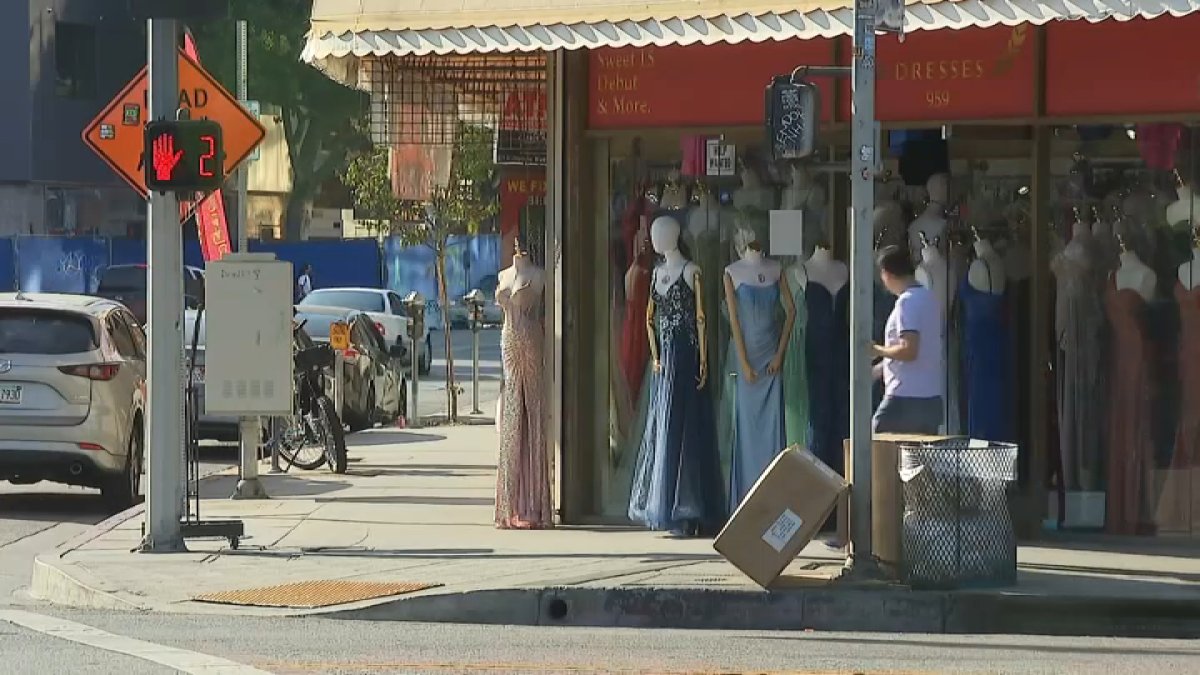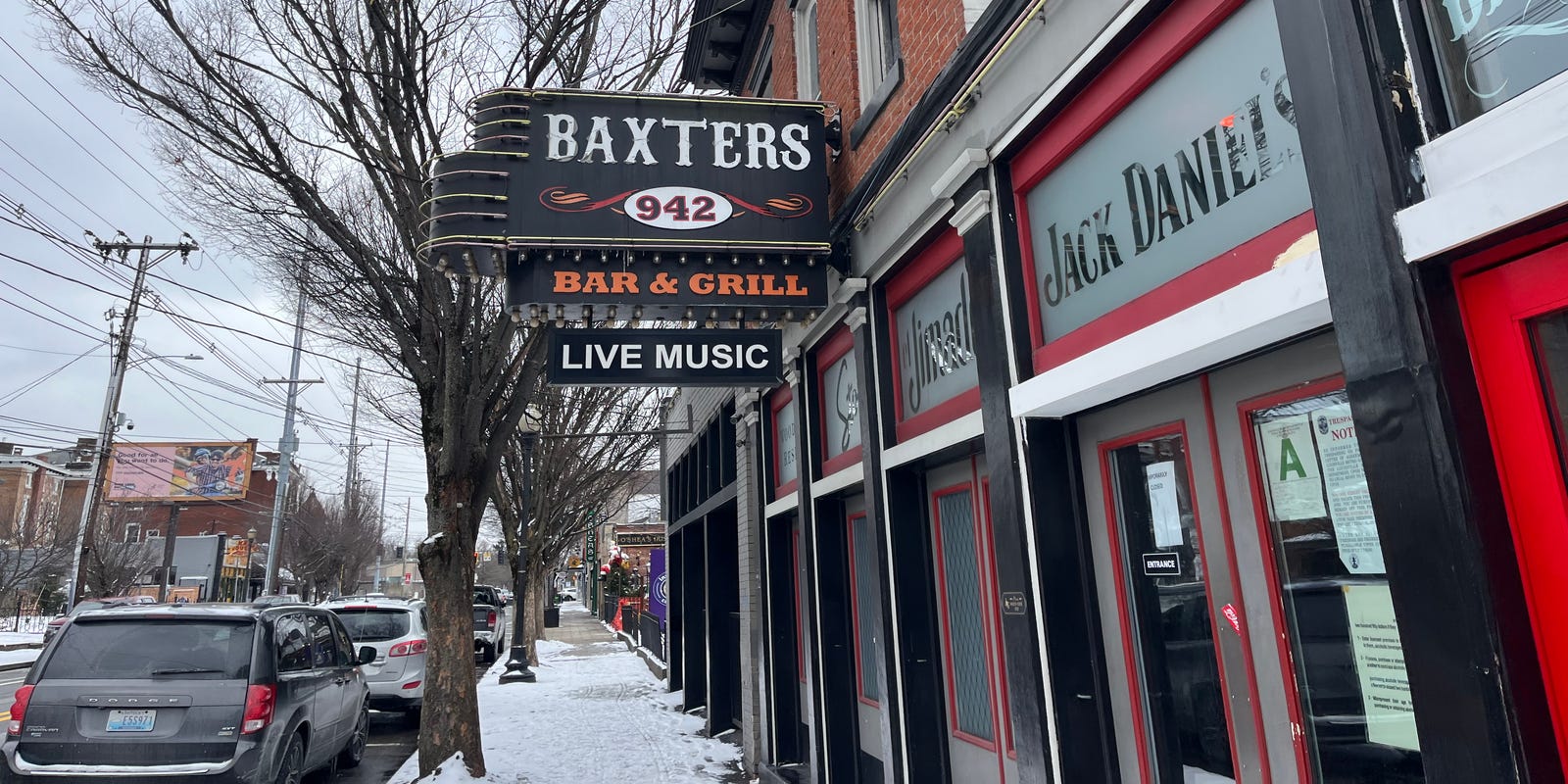Fashion Frontline: Raids Squeeze District Merchants, Sales Plummet

The vibrant heart of Los Angeles' Fashion District is feeling the economic tremors of recent immigration enforcement actions. Retailers and small business owners are reporting a significant downturn in sales, as fear and uncertainty ripple through the community's customer base. Since summer raids began targeting undocumented immigrants, many shoppers have become hesitant to visit the bustling commercial area, creating a palpable sense of anxiety that directly impacts local merchants.
The economic fallout extends beyond mere numbers, revealing the deep social interconnectedness of the district's business ecosystem. Clothing stores, accessory shops, and local vendors are experiencing a dramatic decline in foot traffic, with some reporting up to 50% reduction in daily sales. The chilling effect of these immigration enforcement efforts has transformed the once-thriving marketplace into a landscape of economic uncertainty.
Local business owners describe a community walking on eggshells, where the fear of potential immigration checks has dramatically altered shopping patterns and consumer confidence. What was once a dynamic, multicultural shopping destination now feels subdued, with many potential customers choosing to stay home rather than risk potential confrontations.








